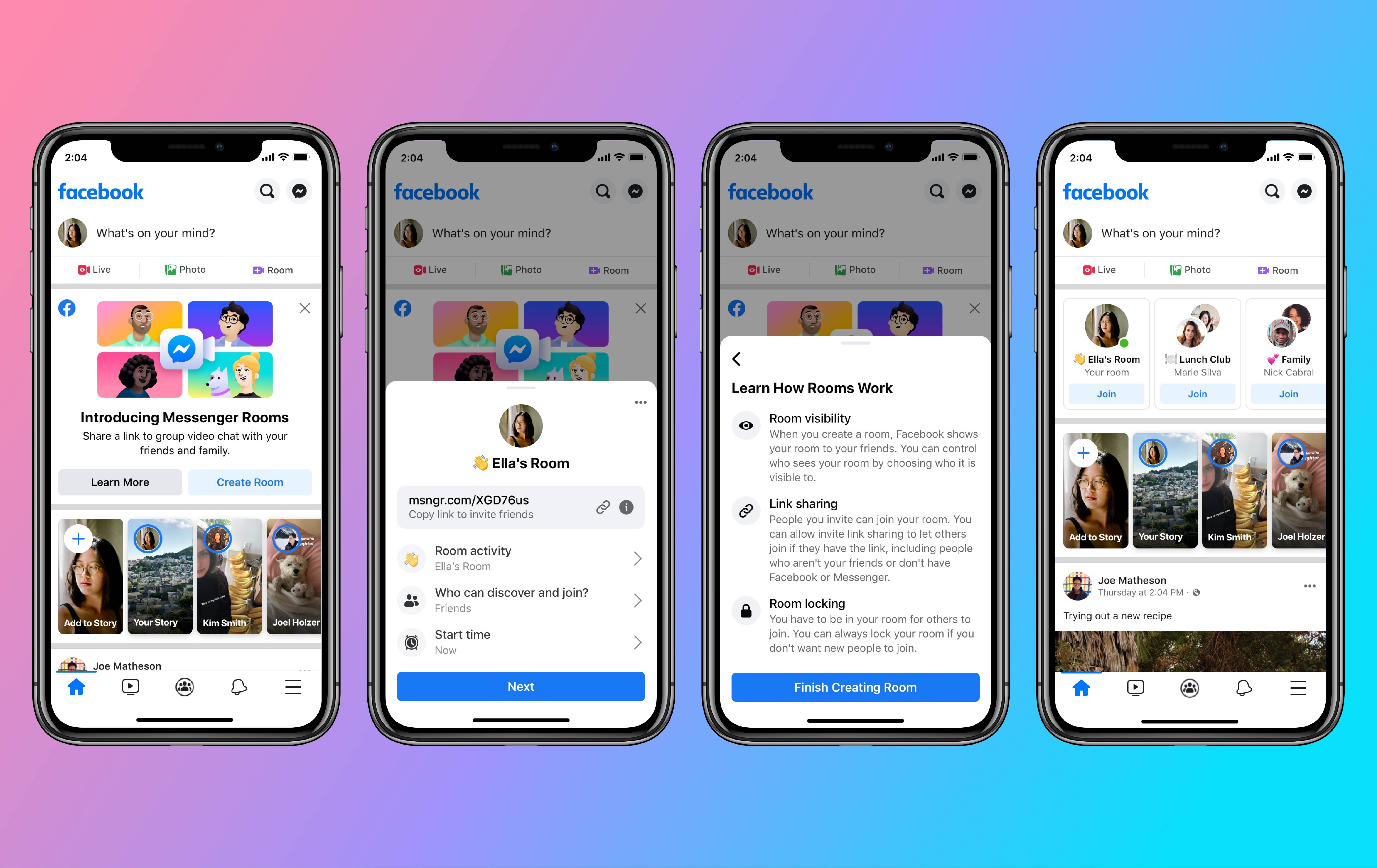Facebook has today announced that it is bringing Messenger to its Oculus line of VR headsets. For now, it appears that the Facebook-owned messaging service will only be accessible on the Quest and its Quest 2 successor, and not the older offerings such as Quest Go, Rift, and Rift S.
The older Oculus Go, Rift, and Rift S VR headsets have been left out
And just in case you’re wondering, you can rely on voice-to-text or bank on some pre-written conversation templates, if the idea of typing a message using the controllers sounds horrifying. Also, the person you are chatting with – while the Quest headset is mounted on your brian box – doesn’t need to wear a VR headset. Just saying!

Messenger on VR headsets – but why though?
The arrival of Messenger on the Oculus VR platform is more of a minor convenience than a necessity. It will come in handy if you want to send a quick invite to your friend to join you in a VR game. Or, you just seek to respond to a few Messenger texts in a jiffy without having to take your VR headset off. But that’s from a user’s perspective.
From Facebook’s viewpoint, the more services it can integrate and interlink, the merrier. Remember the grand Instagram-Facebook-WhatsApp interoperability plans? Well, the Oculus VR platform now appears to be a part of it as well.
Signing in and out of Messenger on the VR headset will be easy if you share it with others
However, Facebook assures that chatting with friends over Messenger via a compatible Quest VR headset won’t impact the existing Oculus privacy settings. Plus, Facebook is leaving the Oculus Chats service untouched, so you can still make use of your Oculus username for communicating with your friends in the VR world.
Furthermore, if you share with your Oculus Quest or Quest 2 with a family member and worry about your privacy, you can easily sign out of Messenger on the headset. Just don’t forget it though, because the next time you want to engage in a VR-fueled Messenger conversation, you’ll have to re-enter it if you previously signed out of the instant messaging service.
The post Facebook brings Messenger to Oculus because we all love chatting on VR headsets appeared first on Pocketnow.


